“The pope will be from Chicago” sounds like an 1880s Republican’s dire prediction for if we don’t stop Irish immigration
08.05.2025 17:26 — 👍 13427 🔁 2958 💬 7 📌 71Rich Heffron
@richheffron.bsky.social
History teacher at Mercersburg Academy
@richheffron.bsky.social
History teacher at Mercersburg Academy
“The pope will be from Chicago” sounds like an 1880s Republican’s dire prediction for if we don’t stop Irish immigration
08.05.2025 17:26 — 👍 13427 🔁 2958 💬 7 📌 71DEEP DISH COMMUNION WAFERS
08.05.2025 17:23 — 👍 1881 🔁 313 💬 79 📌 30For those interested in the history of the Luddite Movement.
07.05.2025 17:00 — 👍 0 🔁 1 💬 0 📌 1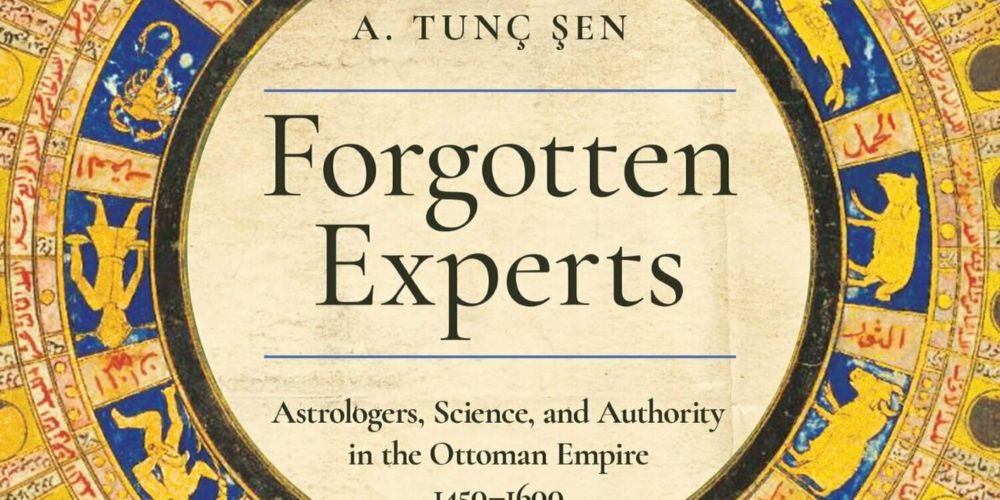
New book on the history of Ottoman astrology & science from @stanfordpress.bsky.social looks very interesting: 👀 📗 www.sup.org/books/middle... #earlymodern #histsci
02.05.2025 20:50 — 👍 55 🔁 21 💬 0 📌 1Ok I know this has been entirely co-opted by hasbara but does anyone have any actually good actually academic work on the difference between the early Islamic conquests and “colonization,” preferably thru comparing with Roman colonies?
01.04.2025 19:51 — 👍 61 🔁 11 💬 8 📌 0Amazing and well-earned accomplishment! Bravo, Rachel! 👏
23.03.2025 19:05 — 👍 1 🔁 0 💬 1 📌 0
REFLECTIONS ON AI IN THE CLASSROOM: How We are Not Using Al in the Classroom By Sonja Drimmer & Christopher J. Nygren Premise Prompt engineering is a term that has become commonplace since the widespread availability of generative Al applications like ChatGPT. The idea is that the outputs of the large language models (LLMs) on which these applications are based are only as good as the prompts that are input: vague prompts result in equally vague outputs. And thus was born the race to train for careers in prompt engineering. Unfortunately, the bubble seems to have burst before even the first generation of students was trained for this career outcome. We were given a prompt as an invitation to participate in this newsletter: "How are you using Al in the classroom?" While we have accepted this invitation, we are engaging in the most humanistic act we can imagine—refusing the prompt.”
Love to refuse a prompt. static1.squarespace.com/static/53a4b...
22.03.2025 00:49 — 👍 1329 🔁 354 💬 42 📌 79Excellent! I was just thinking about this the other day when I assigned the primer to the students in my Arab-Israeli Conflict course to review for their final in-class essay.
It's a great resource for introducing students to the depth & breadth of the conflict.
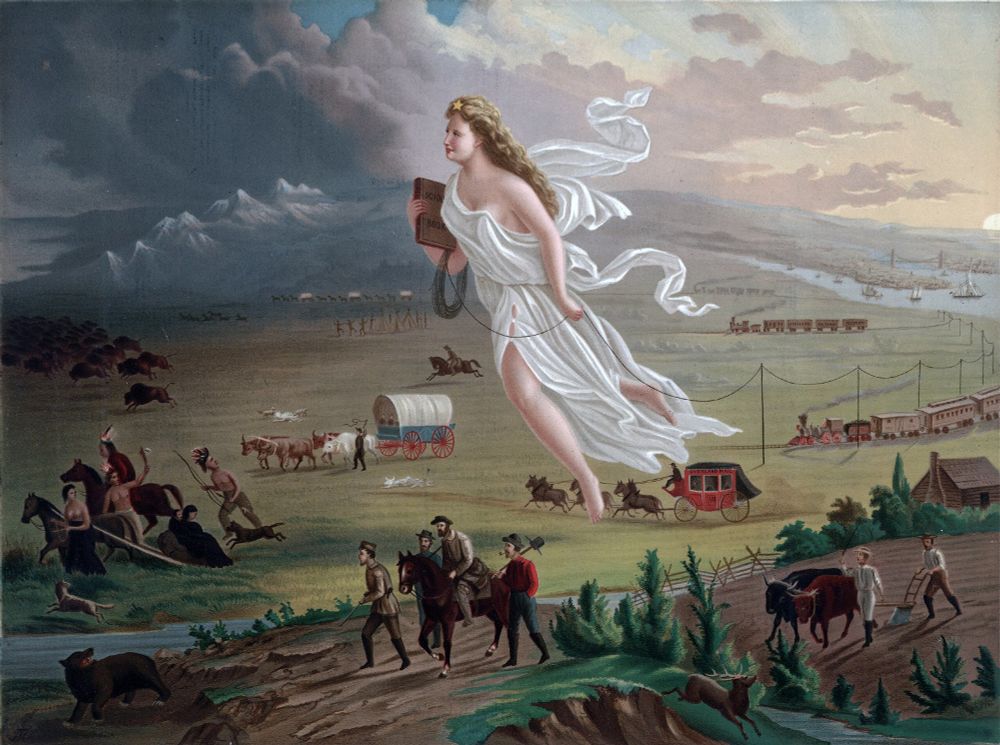
Talking about cyclical history, anthropomorphism, and romanticizing the past as some of the problems studying history. Trump's inauguration is history in the making. From the invoking of a "golden age" to the "manifest destiny" of the US, there is much to discuss. I have some questions: +
21.01.2025 17:25 — 👍 2 🔁 1 💬 1 📌 0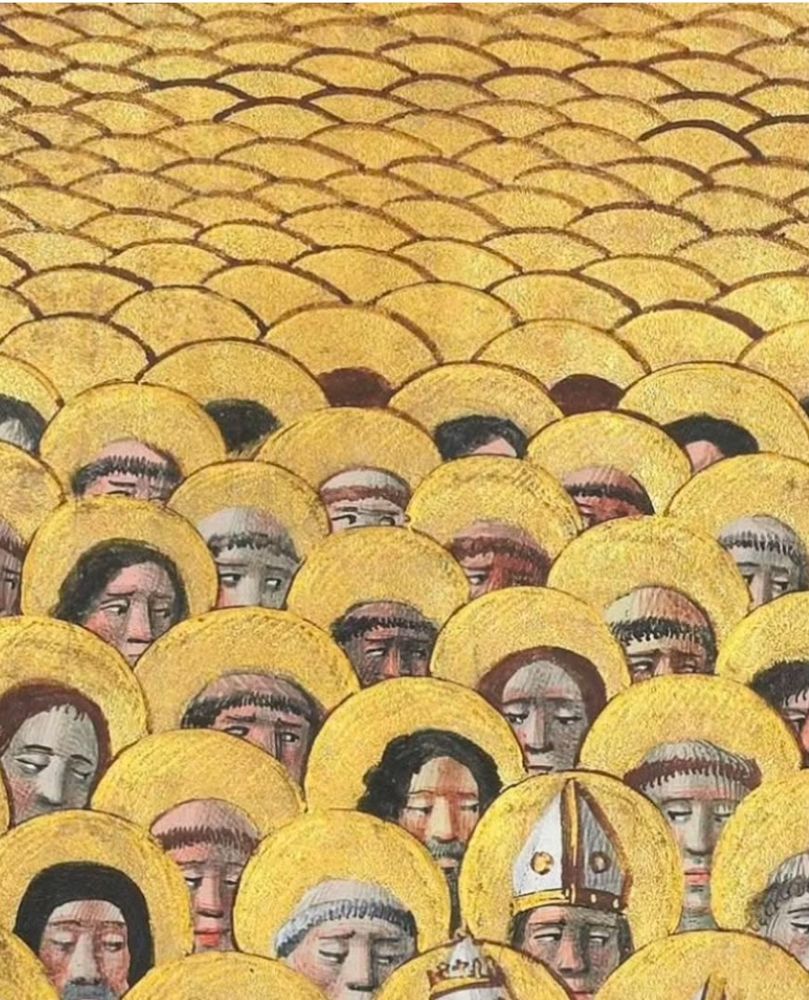
Studis wenn ich frage wie es mit ChatGPT bei Hausarbeiten aussieht
14.01.2025 22:35 — 👍 245 🔁 16 💬 6 📌 1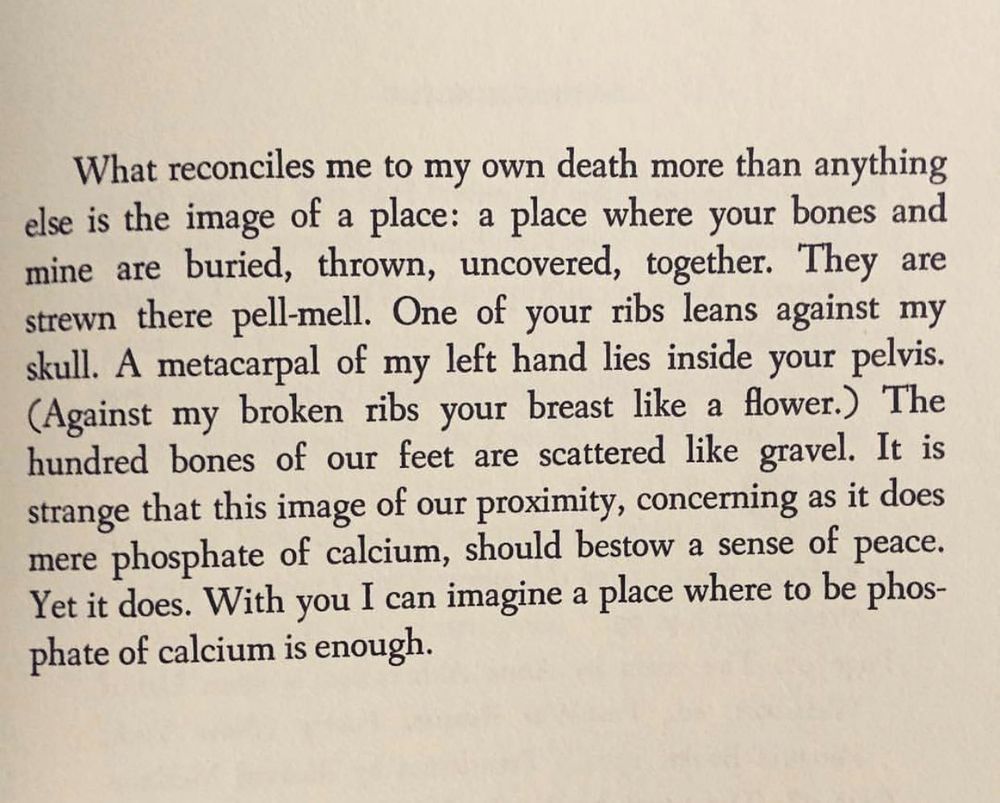
What reconciles me to my own death more than anything else is the image of a place: a place where your bones and mine are buried, thrown, uncovered, together. They are strewn there pell-mell. One of your ribs leans against my skull. A metacarpal of my left hand lies inside your pelvis. (Against my broken ribs your breast like a flower.) The hundred bones of our feet are scattered like gravel. It is strange that this image of our proximity, concerning as it does mere phosphate of calcium, should bestow a sense of peace. Yet it does. With you I can imagine a place where to be phosphate of calcium is enough.
John Berger, most beloved, passed away on January 2, 2017.
"What reconciles me to my own death more than anything else is the image of a place: a place where your bones and mine are buried...With you I can imagine a place where to be phosphate of calcium is enough.”
#everynightapoem #ofsorts
I didn't realize this was open access. Excellent! I'm going to use a couple excerpts in my World Religions class.
@adambursi.bsky.social Can you recommend a couple background works on the common theoretical approaches and aims in pre-modern sensory history? Thanks!
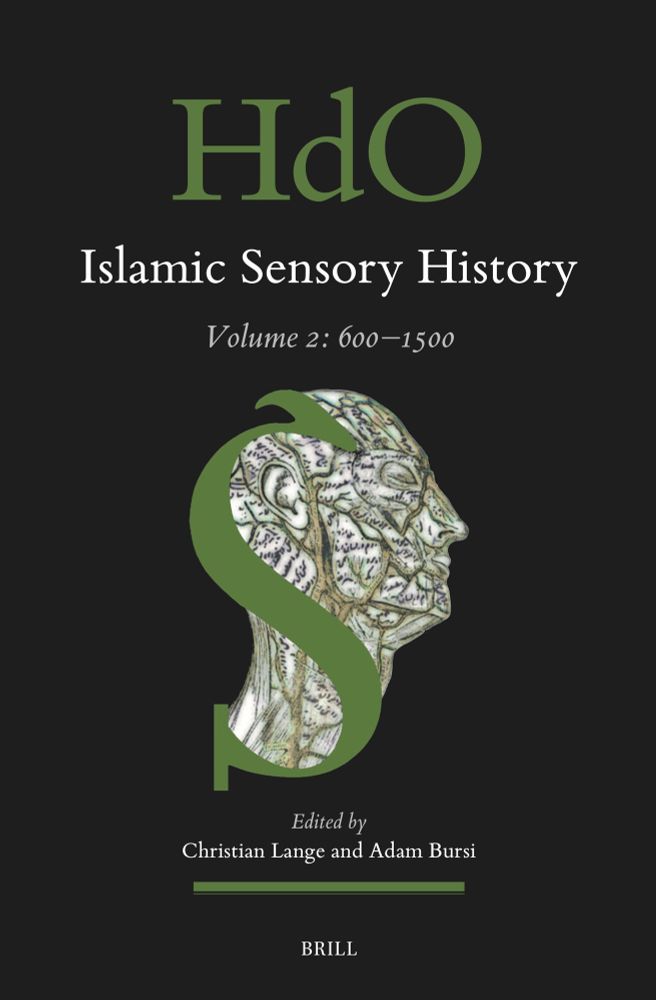
Meaning fragrance in Islamic Studies, or more generally?
Within IS, there is @nehavermani.bsky.social, Anya King, me and Christian Lange, and a few others.
Here are good starting points, with bibliography:
doi.org/10.1163/1570...
brill.com/display/titl...
www.tandfonline.com/toc/rfss20/1...
A few of my favorite books of the year that I'm giving as gifts:
Kaveh Akbar, *Martyr*
James McBride, *The Heaven & Earth Grocery Store*
Oliver Burkeman, *Meditations for Mortals*
more specifics to come, but for now: 618 pages, hot off the press!! check out the new issue of @alusuralwusta.bsky.social
I'd go take a nap to recover, but we already have three articles in production and some more in the pipeline. 2025 is going to be fun!
Alright, I wrote a rant about my feelings about the Global Middle Ages as institutional, historiographical, and moral paradigm. You can read it here.
journals.library.columbia.edu/index.php/al...
This is such a great question and I get asked this a lot, so here is a really brief thread on some accessible, excellent books on ancient Mesopotamia 😎
07.12.2024 18:58 — 👍 265 🔁 83 💬 22 📌 6
An interesting forum on the meanings and pursuit of the academic study of Islam, featuring my doktormutter and a few other professors.
www.seldoninstitute.org/seldonforum
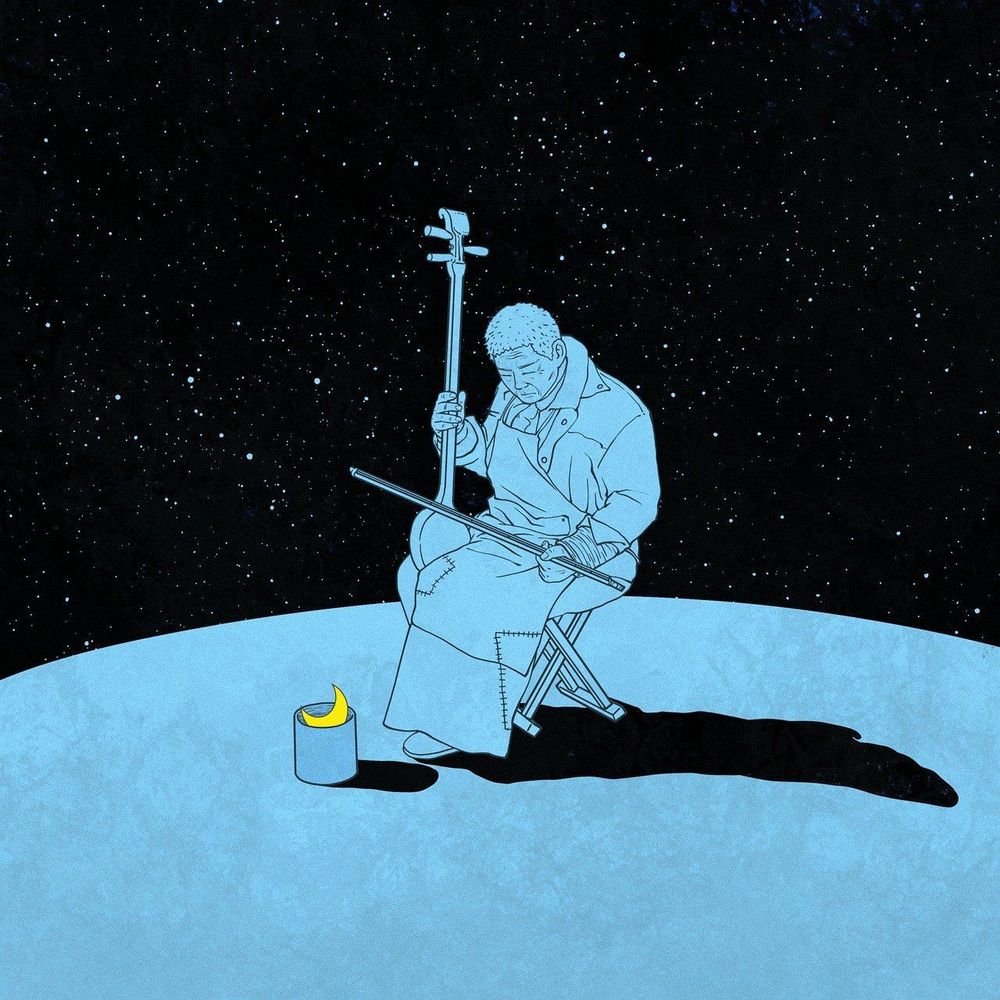
“I pine for the morrow, and when it comes I weep over the day that has just gone”
Abu Hayyan al-Tawhidi, The Philosopher Responds, transl. James E. Montgomery
Ah, Herodotus and Thucydides make sense, although I think the Greeks constitute a different historiographic enterprise, which Hodgson seems to be alluding to in his shift of focus to Michelet and Ranke.
And I quite like Hodgson's explanation of what constitutes effective writing & scholarship.
#1 is a fascinating question, and certainly one that I can't imagine being asked on comps these days.
I wonder what two "great classics of historical writing" are being referred to here? My first guess would be Gibbon's "Decline and Fall."